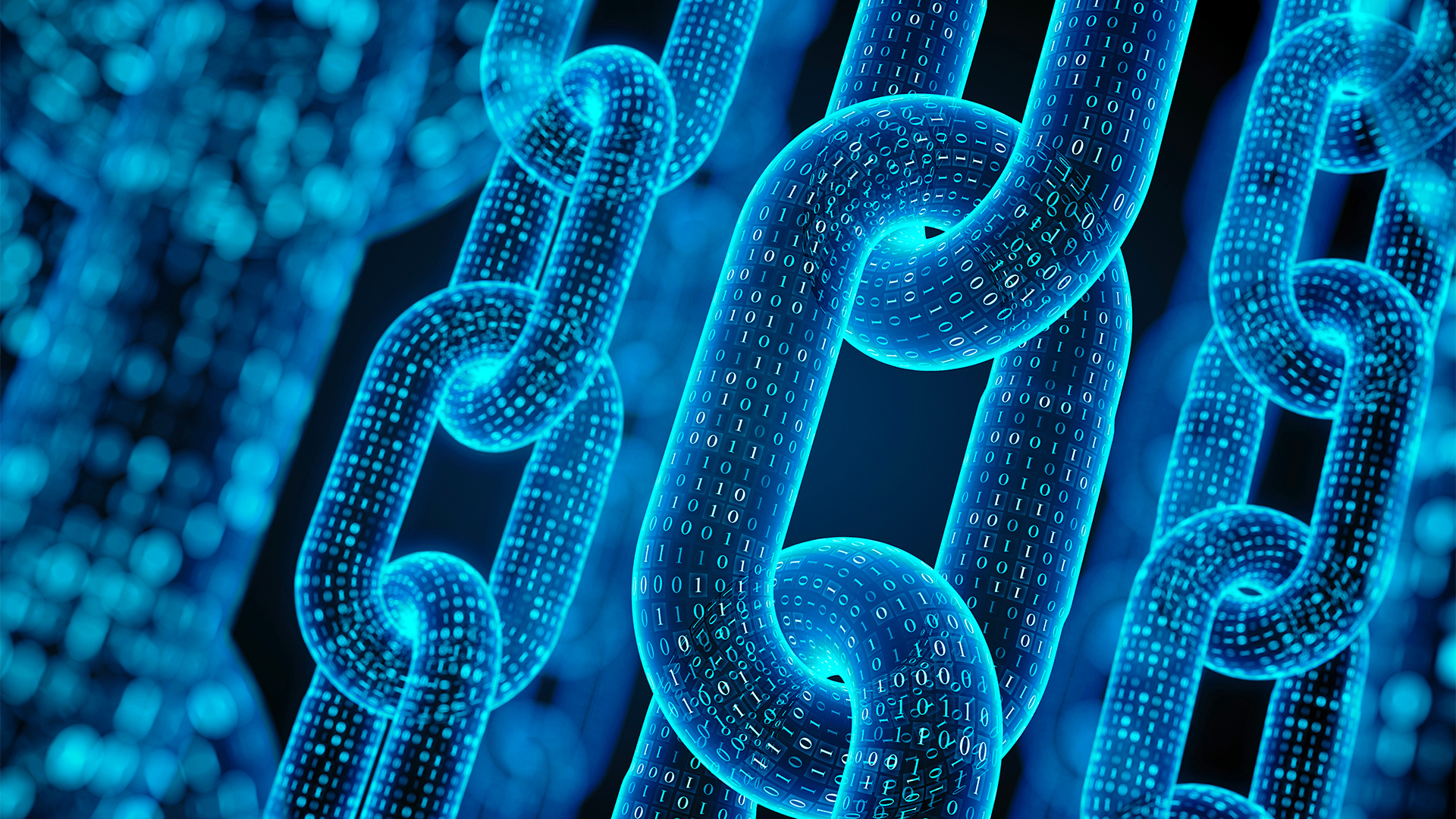Blockchain Plastics
While it is very normal for technology to seem to push the limits of the mind, don't you think it's abnormal that we know so much about technology? The answer to the question, how important is our role for technology, changes everything. How important is technology for us, humans, how important are we humans for technology? It looks like we won't be important to technology in the future. New technologies and applications that join the ecosystem with each passing day not only change our workflow habits, but also challenge our acceptable tolerances. For example, how much has blockchain technology changed our workflow habits and how much is it pushing our tolerances?
.jpg)
Blockchain is defined as a shared, immutable ledger for recording transactions, tracking assets and building trust. As the name suggests, the blockchain is a distributed database system that provides encrypted transaction tracking in a chain structure consisting of blocks and stored in blocks. A blockchain is essentially a digital ledger of transactions that are replicated and distributed across the entire network of computer systems on the blockchain. Each block on the chain contains a series of transactions, and each time a new transaction occurs on the blockchain, a record of that transaction is added to each participant's ledger. Blockchain technology ensures that even if the data is stored on a large number of computers, the same data remains the same, changes are processed in the same way, and that not only the data center but also the person concerned with that data can encrypt and store their own data and only access it.

After the definitions above, there seems to be no limit to what can be done with blockchain… if there is no limit, it seems like it is not possible for the workflow to remain unchanged… But isn't it scary that only the producer can access this data? Of course it's scary!!! Our tolerances are gone because you surrender yourself unconditionally. So what's good? The good thing is that it cannot be changed, that is, it cannot be manipulated!
Blockchain technology would of course find a role in the plastics industry, and it seems to have a very important role. Blockchain traceability for recycled plastic waste explained. Several advanced recycling stakeholders are turning to blockchain technology to enable value chain traceability and visibility. It will integrate blockchain technology into the advanced recycling value chain to provide a fully traceable and accurately labeled record of recycled material, from the waste source to the use of recycled polymers in new production streams. This process will provide all stakeholders in the polymer industry with information on the source and quality of materials entering and leaving their facilities.

The perfect project for recycling. It is very important for plastic wastes to be valued socially by the public, as well as following all workflows and new products they are included in. Every traceable and measurable value is important to the world. Statistics on how much plastic waste is recycled and how much added value is created will end many debates. We hope that blockchain technology will continue to provide maximum benefits in all areas. Data analysis will find the value it deserves.



